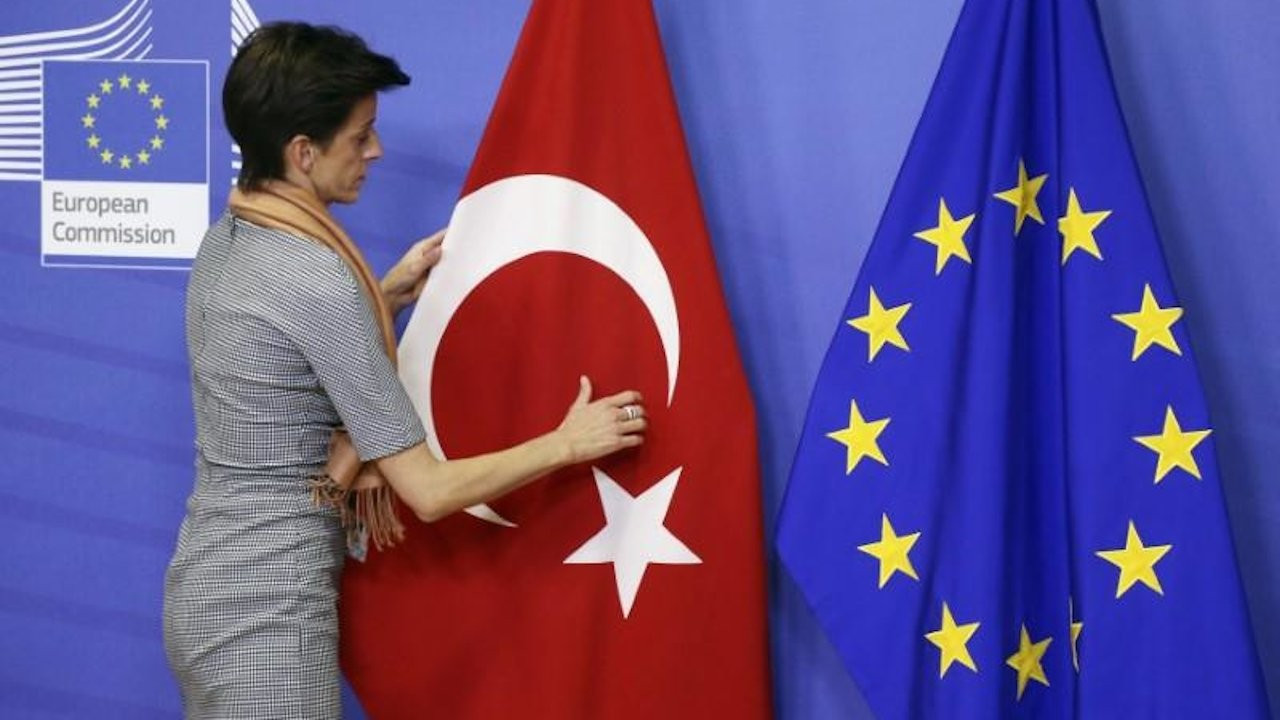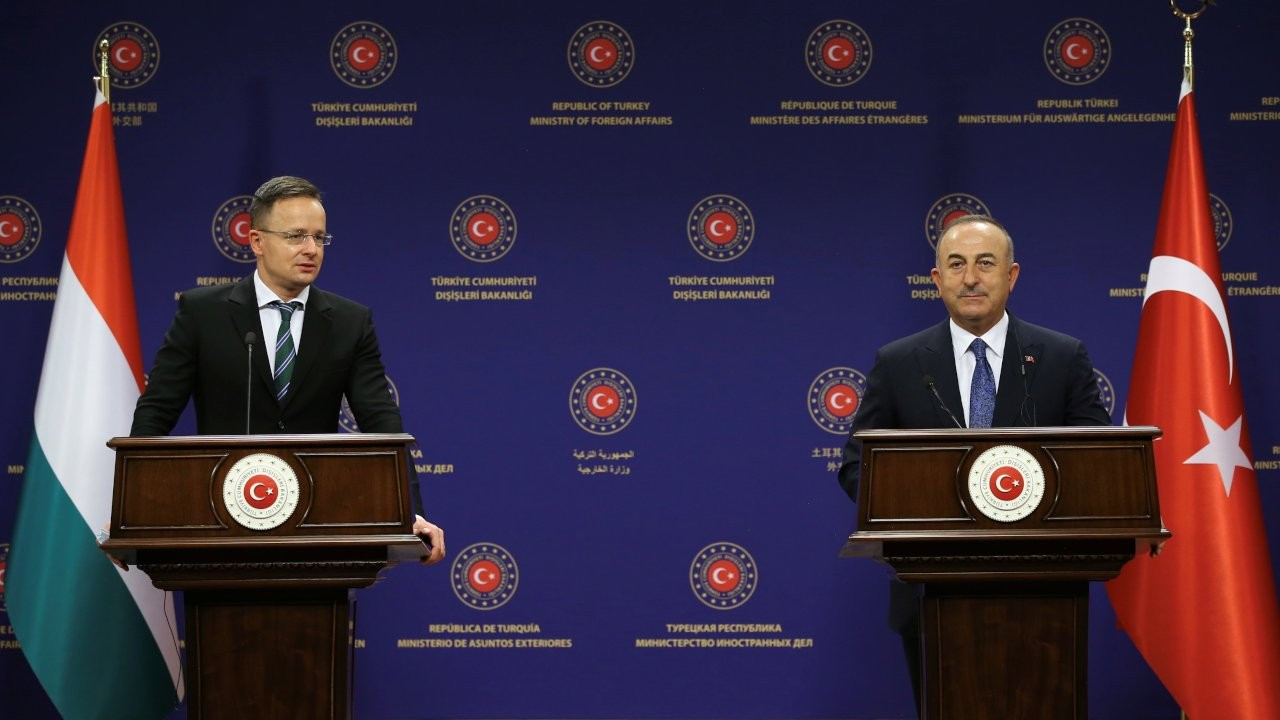EU to sanction more Turkish individuals, companies over Mediterranean drilling
The European Union will impose sanctions on more Turkish individuals and companies responsible for drilling in contested waters in the Mediterranean, according to a draft statement seen by Reuters. Turkish President Recep Tayyip Erdoğan has dismissed the prospect of potential EU sanctions, saying such a move would not be Ankara's concern.
Duvar English – Reuters
The European Union will impose sanctions on more Turkish individuals and companies responsible for drilling in contested waters in the Mediterranean, Reuters reported on Dec. 9, citing a draft statement prepared for EU leaders to agree at a summit.
If agreed, the EU will "prepare additional listings" on the basis of a sanctions list already in place since 2019 and "if need be work on the extension" of its scope, according to the draft statement.
Negotiations over the two-page statement are still ongoing and Greece and Cyprus, which accuse Turkey of drilling for hydrocarbons off its continental shelf, believe the sanctions do not go far enough, according to diplomats briefed on internal discussions.
EU leaders are considering whether to make good on a threat made in October to sanction Turkey over the drilling for hydrocarbons off the coast of Cyprus and off Greece.
Erdoğan: Possible EU sanctions do not concern Turkey
Meanwhile, Turkish President Recep Tayyip Erdoğan on Dec. 9 dismissed the prospect of potential EU sanctions, saying such a move would not be Ankara's concern.
“Any sanctions against Turkey would concern us too much. The EU has never been honest [with Turkey]. We have always shown patience, and we are still showing. We will see the steps that they will take,” Erdoğan said, adding that “honest leaders” within the bloc are against the imposition of such sanctions.
Erdoğan said that Greece is the side that has been avoiding negotiations over the eastern Mediterranean crisis. “They have an adopted an approach in which they have been leaving the negotiation table and which is based on a politics of lies,” Erdoğan said.
The Turkish president said that Ankara will never “make concessions” with regards to Turkish Cypriots' rights in the eastern Mediterranean.
Meanwhile, Turkish presidential spokesman İbrahim Kalın said that the EU's draft statement is disappointing and that sanctions will not work and will be counterproductive in the long run.
Kalın said Turkey wanted to achieve a positive atmosphere with the EU but that the bloc was "surrendering" to the interests of some of its members. He was speaking via video conference in a German Marshall Fund of the United States event.
German Chancellor Angela Merkel said that the EU is “obliged to take a decision” on the gas dispute during the summit on Dec. 10.
“The activities in the eastern Meditteranean are continuing; especially Cyprus is facing big problems because of this. Within this framework, we are obliged to take a decision on how to proceed,” Deutsche Welle's Turkish service quoted Merkel as saying during a parliamentary speech on Dec. 9.
Italian Prime Minister Giuseppe Conte also commented on the matter on Dec. 9 saying that “inciting the tension” would not serve the EU's interests, “especially against a country which is its NATO ally.”
On Dec. 7, EU foreign ministers said Turkey had failed to help end the row with Greece and Cyprus over potential gas resources, but they left any decision on retaliatory sanctions for the EU summit.
The EU created a sanctions programme last year to punish unauthorised exploration in the eastern Mediterranean, freezing assets of people and companies accused of planning or participating in activities in Cyprus' exclusive economic zone or on its continental shelf.
So far, only two senior officials of Turkey's state-owned Turkish Petroleum Corporation (TPAO) have been put on the sanctions list but Cyprus proposed a list of more names earlier this year.
Cyprus' internationally recognised government discovered offshore gas in 2011 but has been at loggerheads with Turkey over maritime zones around the island, where it has granted license to multinational companies for oil and gas research.
Turkey, which does not have diplomatic relations with Cyprus' government, says it is operating in waters on its own continental shelf or areas where Turkish Cypriots have rights.

 EU preparing to impose long-term sanctions against TurkeyDiplomacy
EU preparing to impose long-term sanctions against TurkeyDiplomacy Turkey eyes improved ties with EU based on full membershipDiplomacy
Turkey eyes improved ties with EU based on full membershipDiplomacy